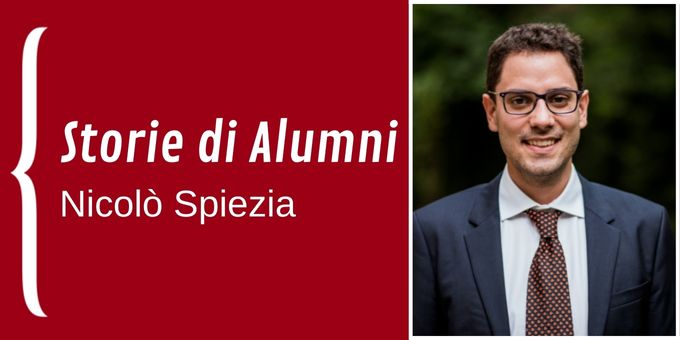
Nicolò Spiezia, a Civil engineer that loves algorithms
Nicolò Spiezia is an Engineer specialized in Algorithm development and Scientific Software.
He is currently the CEO of M3E (Mathematical Methods and Models for Engineering) and VP at the Alumni Association of the University of Padua.
He has PhD from University of Padua in Computational Mechanics.
Introduce yourself and tell us something curios about you
I’m Nicolò, a Civil engineer that loves algorithms! My most challenging problem is that I love to do too many activities!
Tell us about your university carreer
After the High School, I suddenly choice to study Civil Engineering.
Large infrastructures and bridges were inspiring me, as a sort of human modern monuments and artwork. So, I did my bachelor degree in Civil Engineering, and then I specialized in Civil Structural Engineering. I really enjoyed those years, culminated spending 6 months as Erasmus student in Sheffield (UK).
After graduation you decided to continue with the PHD. How did you come to this choice?
It has been a quite spontaneous choice.
I was very motivated and I didn’t rack my brain at all (the choices after the PhD have been far more difficult!). Before graduating, I was fascinated about how the math and physics are necessary to solve real world engineering problems. How the equations describe our world and how knowing those equations allows you to invent and design new solutions to challenging real problems.
I thought that investing some time exploring that world, across math and engineering, would have opened me new perspectives and opportunities. And the PhD was probably the best option.

What do you remember from your PhD years and what did it leave you in terms of values and training?
I have many wonderful memories of those years:
– Going to Stanford University for 9 months, at the earth of the Silicon Valley.
That experience had a great impact on my life, not only for what I learned, but especially for the people I met. I was there when many startups were exploding, and there was an incredible enthusiasm on creating new ventures.
– The legendary “Ufficio 301” that was the PhD-room in my department. More a den of pirates rather than a PhD office. It was packed of mad scientists, a group of people that made my day-by-day incredibly funny.
– The conferences I attended with my supervisors and colleagues were also a great moment: I felt myself as participating at the Olympic games of my field of research, and that was quite outstanding.
But probably the most important thing that I learned from the PhD was “finding A way” (not necessary THE).
During a PhD, you have to figure out -sometimes alone- how to solve problems and how to push boundaries. This has been important for me also in the following years.
To be honest, taking a PhD is not all about fun and freedom: doing research is a hard and challenging job, when sometimes results do not arrive as expected, where funding the way is sometimes very difficult and when several times you have the filling of get lost and doing useless activities.
What is your job now?
I’m currently serving as the CEO of a consultancy firm focused on developing Scientific Software and Machine Learning algorithms for several engineering sectors.
Now you’re probably wondering how do I got into this job. Well, after the PhD, I was curios to explore the intersection between the research and the industry, so working in small consultancy company was probably the ideal choice for me.
The company, named M3E, was a recently born spin-off of the University, with the mind into research but the feet very connected with private companies working on real world’s problems. After working into the company for a while, I became the CEO.
Describe us your typical workday
What I love from my current job is that it is extremely heterogeneous (sometimes even too much, and I have that filling to be not sufficiently focused!). Some days I mostly work on technical activities, some other day more in organizational and managerial tasks, some other days I invest my time talking with clients and developing new opportunities.
Finally, when I have some spare time, I do a little bit of research and personal study, in order to stay up-to-date with the latest development in the field.

Would you advise young students to approach the PhD path?
It depends on. It is not necessary to approach a PhD. As it is not necessary to graduate.
I think that a PhD may be ideal if you want to start to explore non-common paths. If you want to invest your time working on innovative and research-related fields.
If this is the case, then a PhD is the ideal gym to start with.
You will understand how comfortable you are working in the research field, with all its positive and negative aspects. But if I had to go back I would definitely do it again!
Tell us an advice to all young students and future ones
The advice is that there are no good advices! Life is about understanding ourself day by day, by accepting that most of the time there is no a right or wrong way. Accepting that life is more about a long marathon than a short sprint.
But as far as the PhD is concern, I have an advice: pay attention at the topic that you will chose and the research group you will work it, since this will shape also your next steps.
And create connections and relationships, they are very important during the life. And the UniPD Alumni Association may help you in this!

